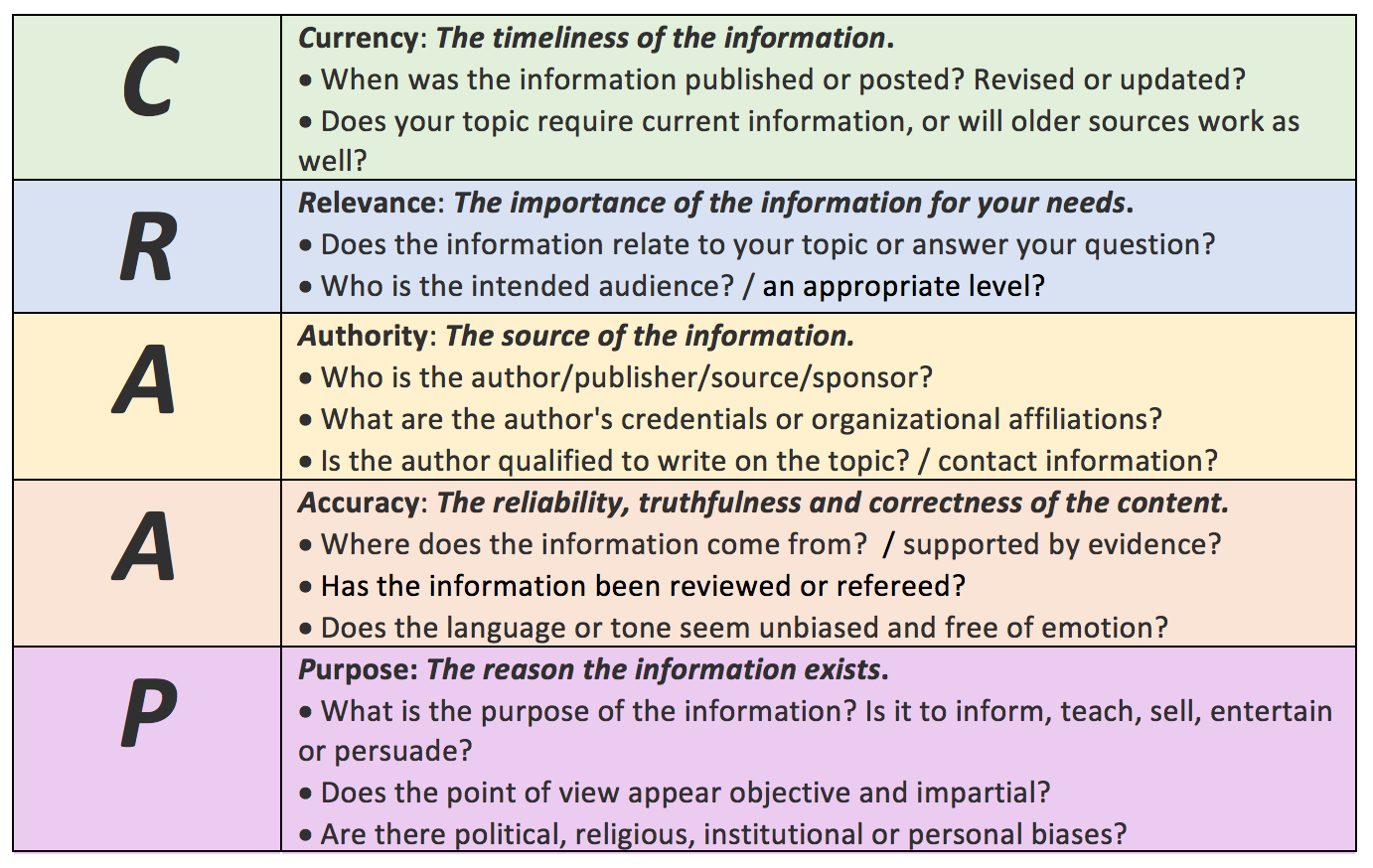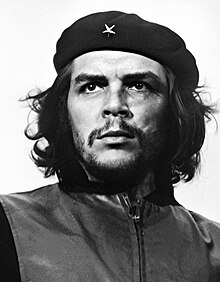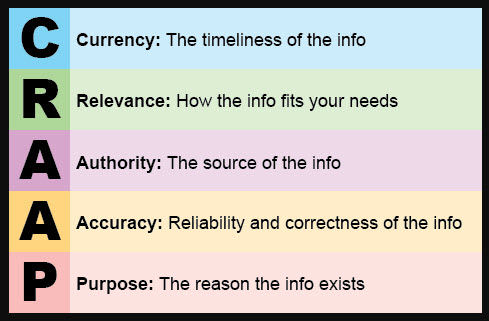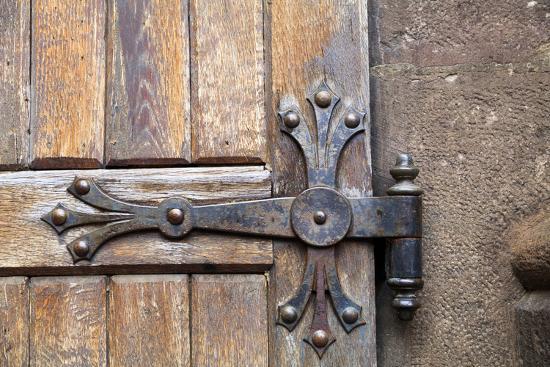Final Reflection
 |
| This is where I had all my FYE classes.(1) |
Back in July of 2019, I saw this subject called, "Honors First-Year Seminar" on my Google calendar. At the time, the word "Seminar" made me perplexed as to what that course was about. On August 19th, 2019, I walked briskly from the Newton Building to Edison House. When I entered the class, I noticed that the tables were arranged in a box shape so that everyone can see each other. Back then, the only person in the class that I knew was my roommate, JD. Obviously, a lot has changed in these past five months. FYE is a class that I look forward to every Monday and Wednesday. My classmates and I have learnt so much from Dra. McGrath and our Peer Leader, Taylor Close. From the student learning outcomes on the syllabus, my classmate and I have learnt about literacy skills in an academic and non-academic context, degree engagement, campus resources and diversity and inclusion.
 |
| A useful way to evaluate and use information that I learnt in class(2). |
In University, there are higher expectations and criteria for students' work. One of the first topics we've learnt about these expectations were plagiarism and academic integrity. Later down the semester, we were taught how to come up with powerful questions and effectively assess information by using the "CRAAP test." Doctora also made us use these skills by asking us to come up with a research question and then find two sources (one scholarly and the other isn't) that will assist in your research and then evaluate the sources. A notable fun class activity was Doctora's PowerPoint quiz about spotting fake articles. Moreover, Doctora and Taylor showed us how to use Galileo (a collection of hundreds of databases) as well as how to search for information more effectively. I feel as if those topics that were taught would help us in the future when we have to do research. Especially for my Honors Thesis in which I stated back in my Week 11 Blog Post,"I hope to use this knowledge when crafting my Honors Thesis or in any research or problem that I may encounter"(Adharsingh 2019 Week 11 Link Within Text).
 |
| Me in the future utilizing my knowledge to come up with an Honors Thesis(3) |
Georgia Southern University offers a myriad of resources to assist your well-being and to enhance your degree. Taylor has given us a lot of advice about these resources based off of her own experiences as a student. Besides her helpful advice, she showed us how to schedule an academic advisement appointment through EAB Navigate. She also showed us how to find relevant core maps related to our majors as well as the requirements to graduate. Some Campus resources that I've used are the RAC (Recreational Activity Center) for leisure such as bouldering and badminton, Academic Advisement and the Writing Center. Furthermore, in Week 1 of my Blog Post, I said that,"it provides an opportunity to receive feedback and constructive criticism from experienced writers and teachers who will always find ways to improve your work since they're engaged in what they're doing"(Adharsingh 2019 Week1 Link within Text). The latter two have both improved and shaped me academically.
 |
| This ids where the Writing Center is located in. The Library has so much to offer. Did you know that you can actually borrow laptops from the Library?(4) |
Diversity and Inclusion- one of the most prominent topics discussed in our FYE class. For me, this is was one of the highlights of this class. I loved learning about Doctora's trips to Central America, South America and Spain. Moreover I enjoyed listening to my classmates' contributions to the discussion as it provided me with the American perspective. As a person who grew up outside of the U.S. on a small island in the Caribbean called Trinidad, I shared my unique experiences about the topics being taught in class such as international migration. For example in Week 5, I stated,"I choose an article by the BBC which is about Venezuelan immigrants who travel to my island called Trinidad"(Adharsingh 2019 Week 5 Link within Text). Instead of being taught certain topics in class, we were instead assigned to watch movies about those topics (majority of which were in Spanish). Watching these films provided a more engaging learning experience. Moreover, it opened my eyes to the problems faced around the world and the historical events that were associated with them. Furthermore, this class showed me the value of diversity in any setting whether academic or not.
 |
| These are all the films that we had to watch for FYE |
 |
| I do apologize if this comes out as offensive but this is me whenever I learn about some of my classmates experiences(5) |
In conclusion I thoroughly enjoyed FYE and will miss all the fun, thought-provoking and interesting discussions and activities we did. I will miss my classmates and all the interesting stories they had to tell with with such passion (Emma). I've learnt so much from Doctora McGarth and Taylor Close who have helped my class to become more prepared for our future here at Georgia Southern. This semester flew by so fast: it felt as if yesterday was August and I had just started University. At the same time, I feel as if I've been here forever. It's honestly hard to describe. My negative expectations of University and the pleasant reality have changed my perception over time. I have never felt so happy continuously throughout the semester as compared to any other period in my life. Georgia Southern has the perfect balance between academics and the students' well being. All in all, I'm grateful for where I've reached so far and I look forward to the future with arms wide open.
 |
| Goodbye Forever 😢 (6) |
Sources
Blog Posts Mentioned
Adharsingh Week 1- https://matthewahonorsfye.blogspot.com/2019/08/week-1-campus-and-community-engagement.html
Adharsingh Week 5- https://matthewahonorsfye.blogspot.com/2019/09/week-5-diversity-inclusion-i-which-way.html
Adharsingh Week 8- https://matthewahonorsfye.blogspot.com/2019/10/week-8-make-your-home-among-strangers.html
Holtz Week 9-https://tonilynnholtz.blogspot.com/2019/10/week-9-diversity-inclusion-iv.html
Sydnor Week 9-https://sydnorcollegeexperience.blogspot.com/2019/10/week-9-extended-make-your-home-among.html
Photo Credits
1)Edison House-https://academics.georgiasouthern.edu/honors/contact/
4)Zach Henderson Library-https://digitalcommons.georgiasouthern.edu/lib-friends-photos-hl/1000/preview.jpg
4)Image taken from video-https://www.youtube.com/watch?v=FU6yzzESX8Y
6)Good Byeforever ;(-https://events.graduway.com/goodbye-graduating-class-forever/


















